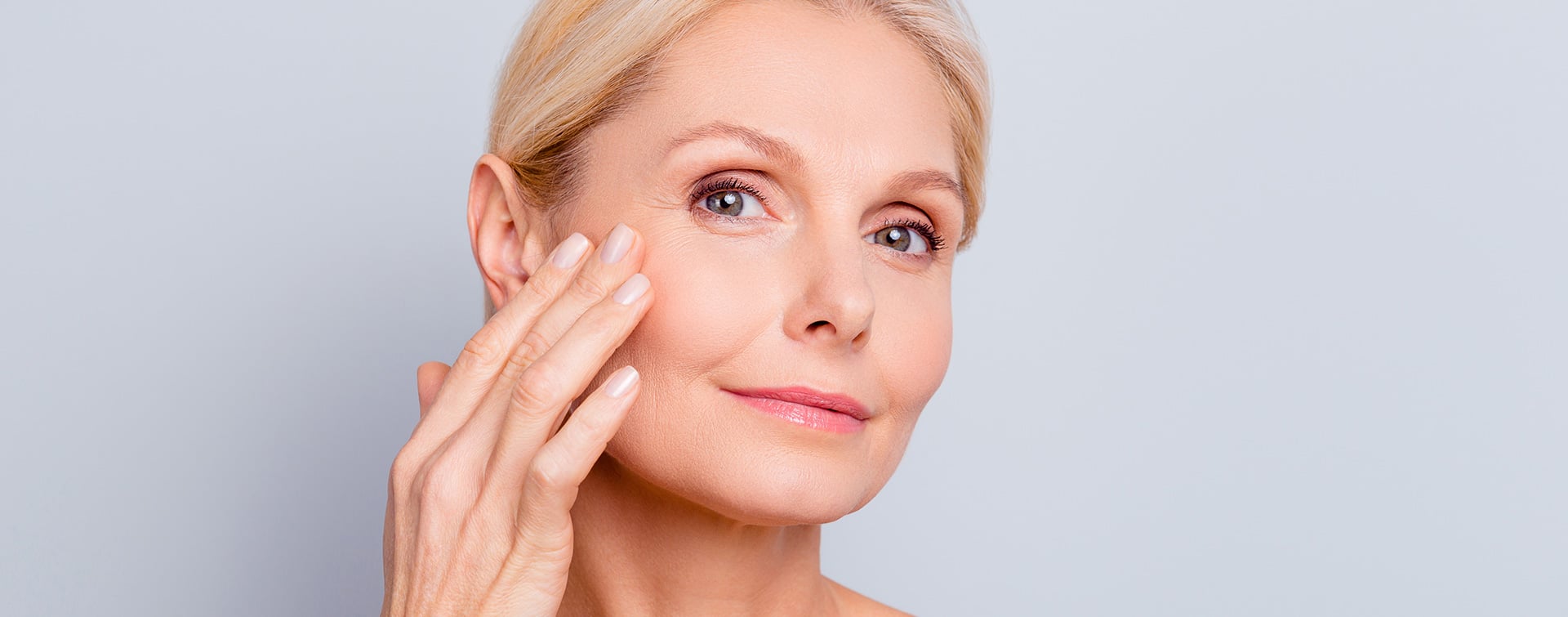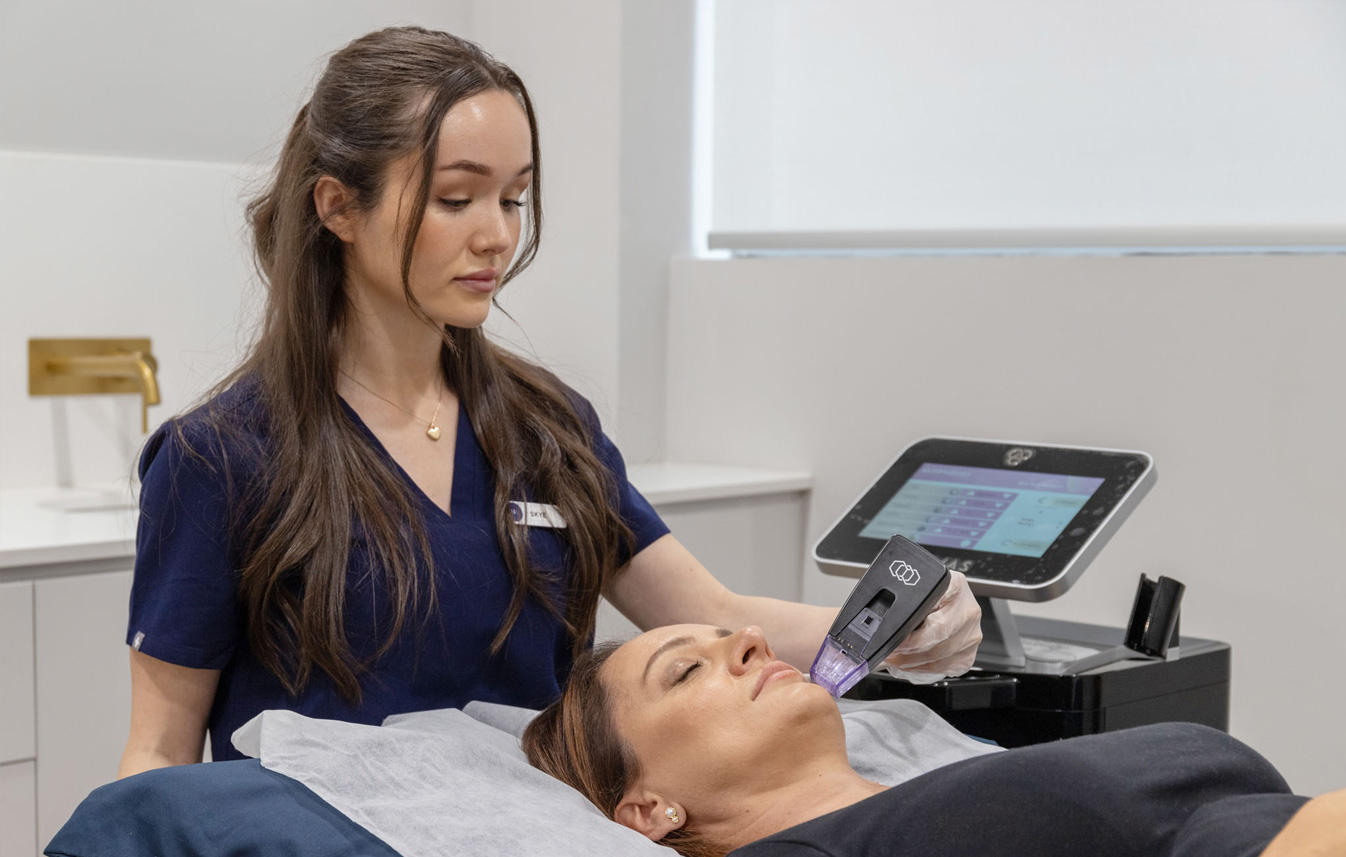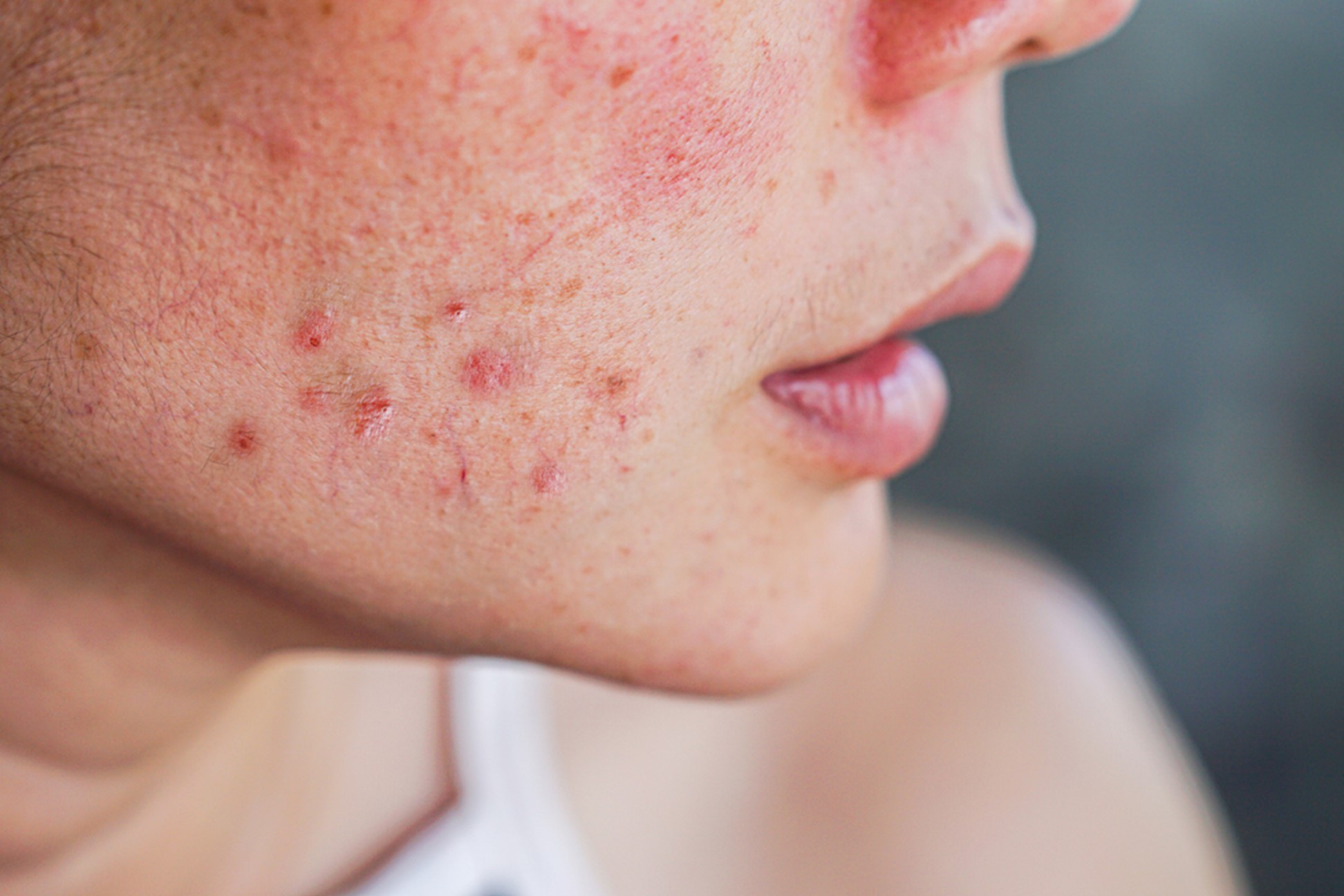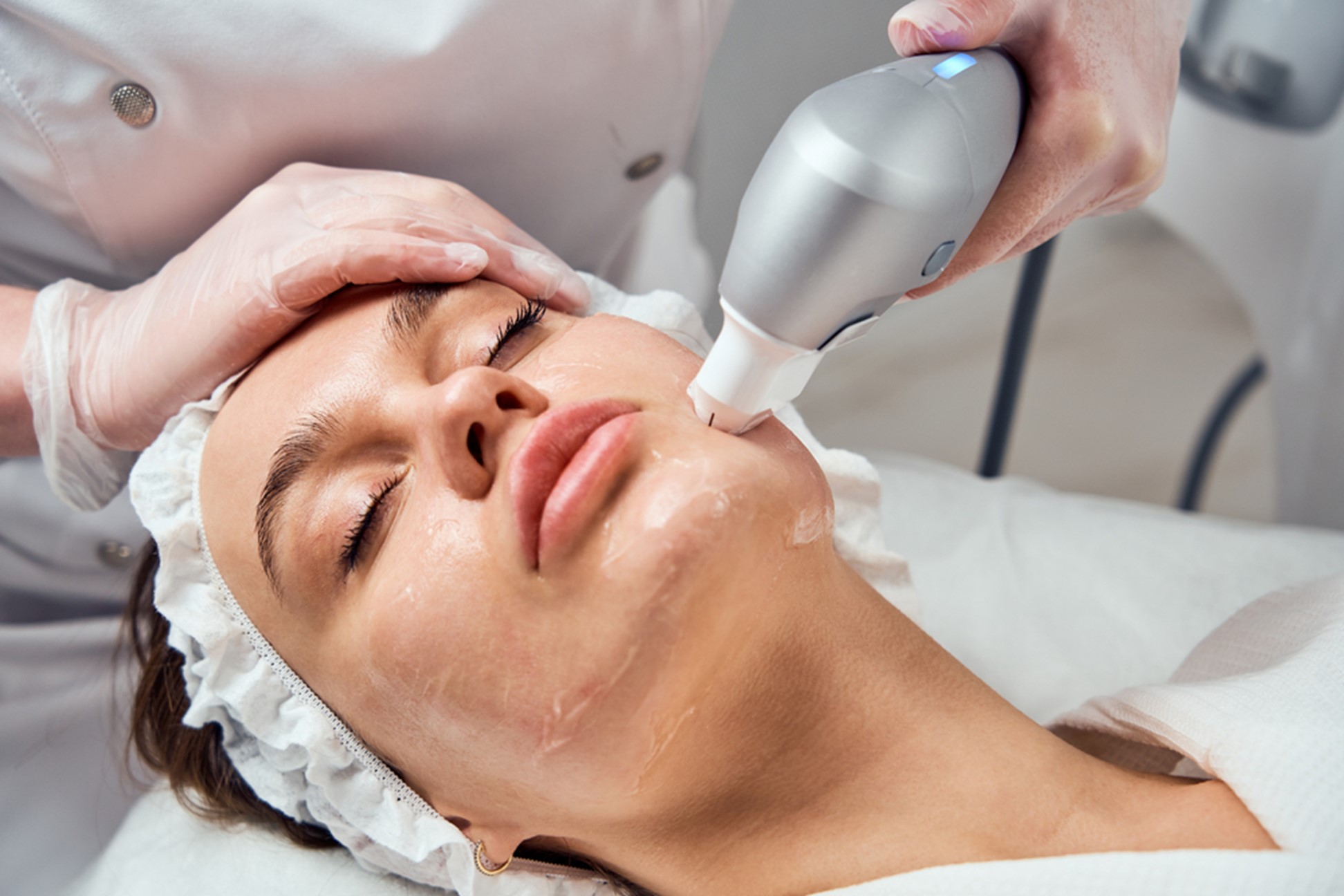
How to Lower Estrogen Levels, Manage Stress & Look Younger
We all know that hormones have a significant impact on our overall health and wellbeing. However, recently there has been a spike in the incidence of estrogen dominance. This blog is going to look further at what estrogen dominance is, the risks associated with this condition and how to lower levels to improve overall health- including that of the skin!
What is estrogen and estrogen dominance?
Estrogen is one of two main sex hormones found in the female body. It is responsible for development of the female body, controlling the menstrual cycle, maintaining a healthy pregnancy, regulating cholesterol and maintaining healthy bones, skin and other tissue. Men have estrogen, too, but in smaller amounts.
Maintaining a healthy level of estrogen is important- however, there are a number of factors that can cause your body to make too much or too little of this hormone. For the purpose of this blog, we are going to be focusing on the overproduction of estrogen, known as estrogen dominance.
Estrogen dominance is the condition of increased estrogen levels relative to progesterone levels in the body (the second main sex hormone in the female body). This can be by a number of factors including changes in estrogen metabolism and excretion, or an imbalance in the estrogen to progesterone ratio.
While estrogen is very important for the healthy functioning of the skin and reducing premature aging, too much can negatively impact our health.
What are the risks associated with estrogen dominance?
Having too much estrogen in the body can be a risk factor for other conditions. There are a number of conditions thought to be associated with or exacerbated by estrogen dominance such as breast and uterine cancers, fibroids, endometriosis, and polycystic ovarian syndrome. While the severity of symptoms may vary, it is important that estrogen dominance is managed quickly to manage the risk of further health complications.
Ways to lower estrogen levels
Often, lowering estrogen levels can be achieved through a number of simple health and lifestyle changes. These include:
- Exercise and maintaining a healthy body weight (this reduces the risk of insulin resistance which heightens estrogen production)
- Eating a healthy anti-inflammatory or vegetarian diet which incorporates isoflavones (such as flaxseeds), omega fatty acids (such as fish and flaxseeds), and lastly plenty of fiber and cruciferous vegetables (such as cabbage, broccoli and cauliflower)
- Reduce alcohol consumption or quit alcohol completely
- Promote a healthy intestinal microbiome through diet and probiotic supplements
- Manage and reduce stress by practicing self-care. This could include removing yourself from stressful situations, friendships and even relationships. Practices such as Yin Yoga have also been known to stimulate the parasympathetic nervous system which reduces the body’s fight or flight mechanism.
The link between stress and estrogen dominance
Stress is also associated with hormonal imbalances. The body’s stress hormone, cortisol, is negatively linked with the production of progesterone. So, if the body is producing more cortisol due to stress, there is likely to be less progesterone begin produced, impacting estrogen levels.
As we all know, stress is likely to have many negative implications on our health, so finding healthy ways to manage it is essential. Symptoms could include increased breakouts, irregular periods, bloating, constipation/loose stools, and it can major implications on fertility.
The link between estrogen, stress and your skin
Have you ever been particularly stressed and noticed changes in your skin including breakouts, congestion, increased redness of flareups of recurring conditions such as eczema or psoriasis? That all comes down to hormonal changes.
Similarly, hormonal imbalances can breakdown collagen, which is responsible for maintaining skin tone and texture as well as reducing fine lines and wrinkles. Collagen is basically the body’s secret weapon against aging, so promoting its production is key to a youthful glow.
Stress can also prematurely shorten telomeres, which are an essential part of human cells that affect how our cells age. They are the caps at the end of each strand of DNA that protect our chromosomes, like the plastic tips at the end of shoelaces. Telomeres are shortened as we age, but can also be shortened by stress, smoking, obesity, lack of exercise and a poor diet. Eventually, telomeres get too short to do their job, causing our cells to age and stop functioning properly. Therefore, it is important to look after them as they act as the aging clock in every cell.
As we all know, our appearance can say a lot about what is going on internally. While unfortunately, our skin may be the first thing to suffer, it can be a great indicator of any potential health concerns.
If you are noticing ongoing breakouts, inflammation or dull, dry skin which topical treatments aren’t improving, we recommend seeking advice from a GP or naturopath to investigate what’s going on below the surface.
While we can perform all the anti-aging treatments in the world, if your internal health is suffering, the difference will only be short term. At Medical Aesthetic, we like to adopt a holistic approach, incorporating health, diet and lifestyle attributes with medical-grade skin treatments and cosmeceutical skincare to maintain your health, wellbeing and skin!
If you are looking to improve your skin, or are managing hormonal-related conditions and wish to incorporate treatment, come and see our team! Our clinic is run by nurses with over 30 years of industry experience, so you can rest assured you are in the best possible hands!
Simply fill out the form here or call (03) 9916 9631 to speak with our friendly team today.





